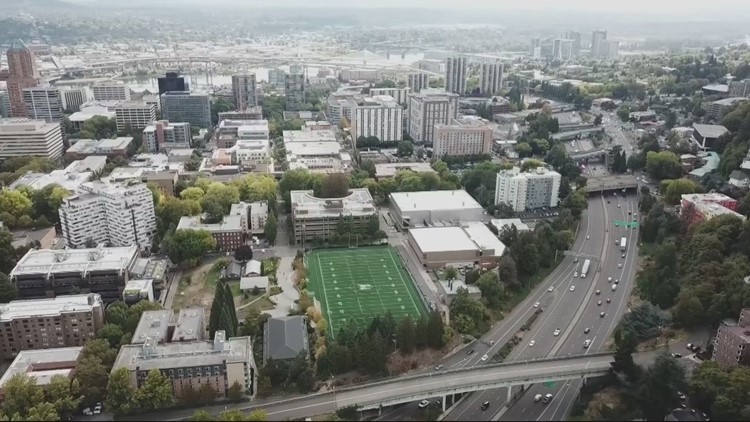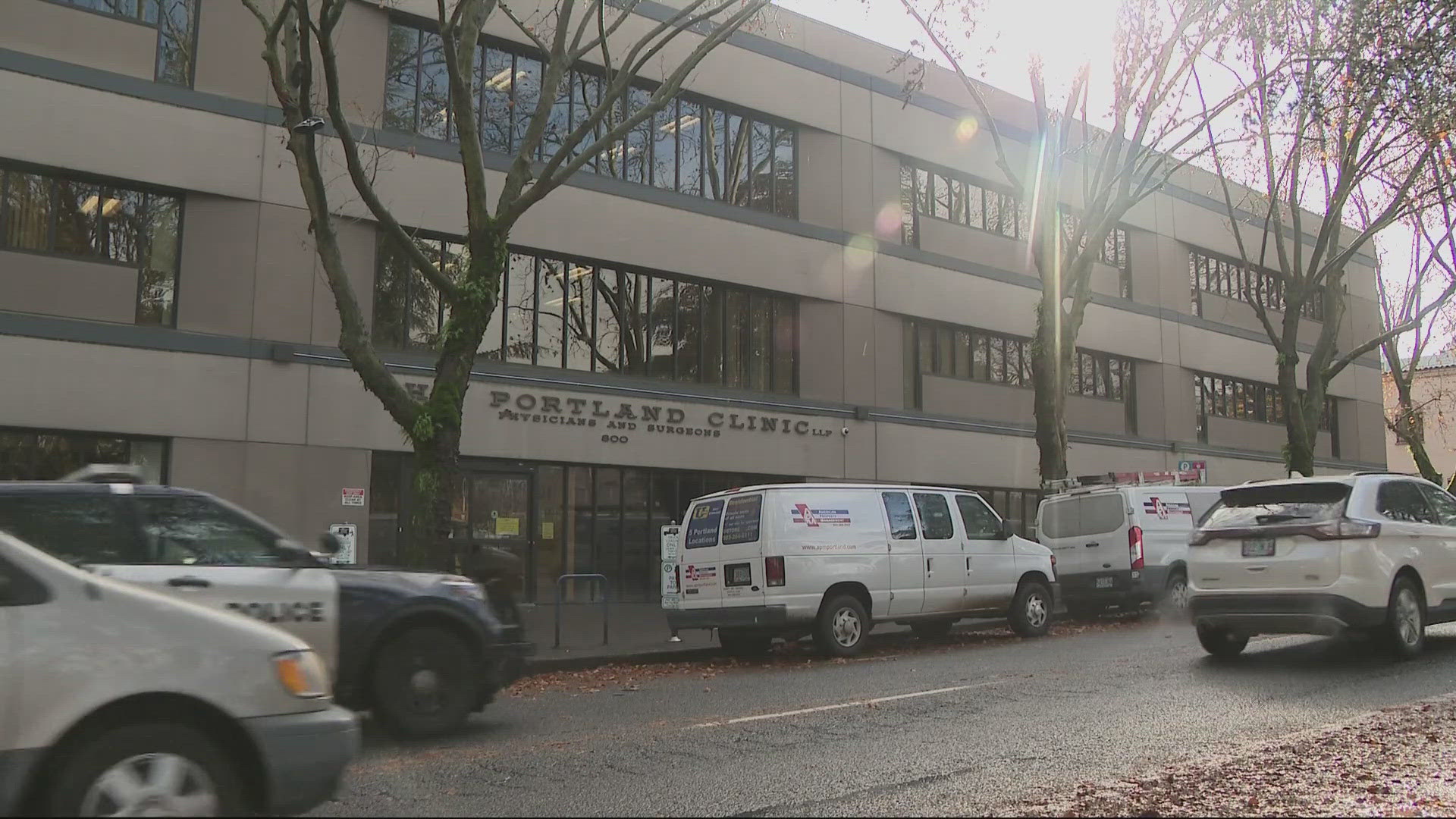PORTLAND, Ore. — Portland officials made a small but meaningful step forward on Wednesday in what hope to accelerate housing production in the city.
The city council approved a set of new policies intended to lower the cost of building new homes, including a tax break expansion for new apartment buildings subject to inclusionary housing requirements. Plus, the council approved a “regulatory relief” package that relaxes and puts on hold several zoning and permitting requirements for developers to build housing.
“This is an example of what we can do locally to boost housing production, and it is only just the beginning,” Commissioner Carmen Rubio said.
The inclusionary housing policy requires that new apartment buildings with 20 or more units make a certain amount of them affordable. The tax breaks are intended to offset some of the financial losses for developers from the reduced rent on those units. In 2016, the policy started as a tool to increase the amount of housing offered to households earning 80% or less of the median family income (MFI), which today ranges from $63,000 to $119,000 depending on household size.
Since 2016, however, high interest rates and supply chain disruptions periodically spiking the cost of building materials have raised development costs and reduced construction.
A study found that the incentives offered to include affordable units is imbalanced across the city. While the tax breaks balance out losses in the central city, it does not in moderately-to-high-cost areas outside of it, like Slabtown. The policy approved Wednesday would deepen the property tax exemptions to developers for building apartments in these areas.
The “regulatory relief” package further aims to lower building costs by temporarily relaxing 13 zoning and permitting requirements that builders have said increase costs or delay housing production. The changes include reducing bike parking requirements, allowing residential units on the ground floor, removing retail or “active use” requirements for certain areas and temporarily suspending some requirements to hold neighborhood meetings.
The council did not approve two amendments that were in the original proposal. One would have waived a requirement to have a special coating on windows to prevent bird crashes. The other would have remove a requirement for eco-roofs (green roofs) on new buildings over 20,000 square feet. These two amendments had the greatest number of public objections. Environmental groups said waiving them would increase bird injuries and stormwater runoff and the urban heat island effect.
“I do think that we had a missed opportunity," Commissioner Dan Ryan said. "This is where we are; it is a housing crisis, and of course, we care about the environment and sometimes you have to make tough choices.”
Commissioner Rene Gonzalez said that the council will likely need to consider waiving more regulations later this year.
“I do have deep concerns that it was somewhat of a missed opportunity," Gonzalez said. "We could have gone further. We didn’t go far enough.”



